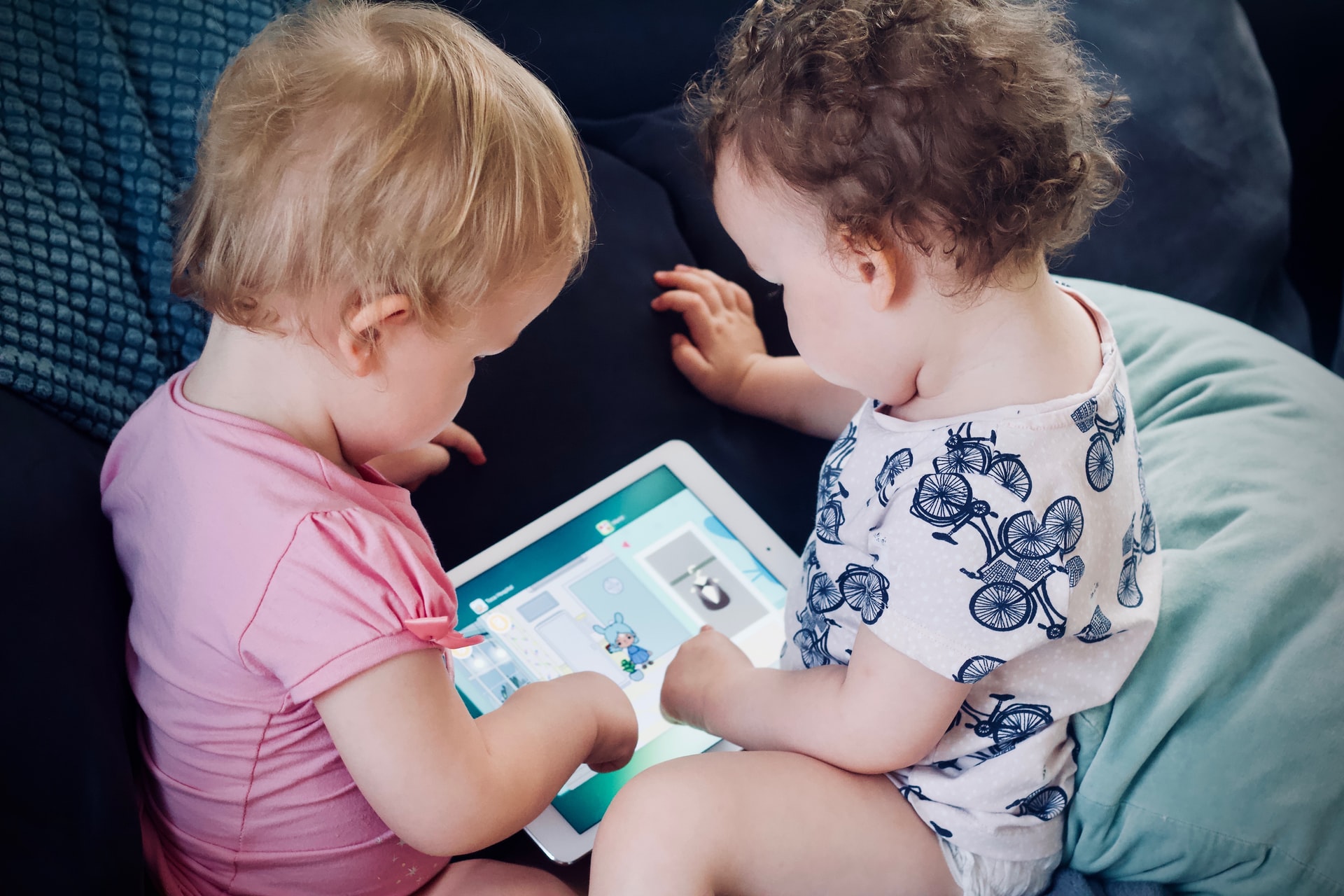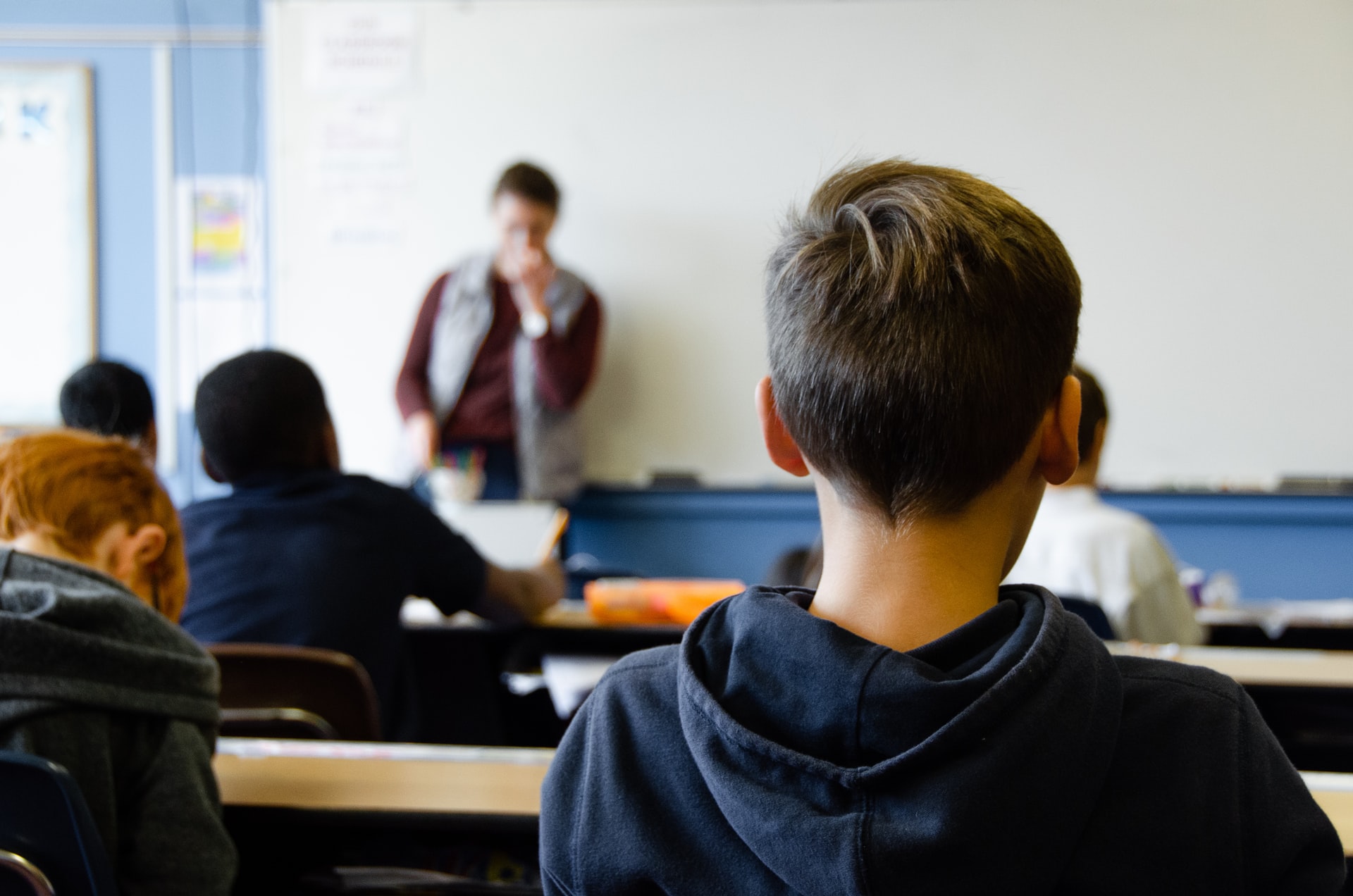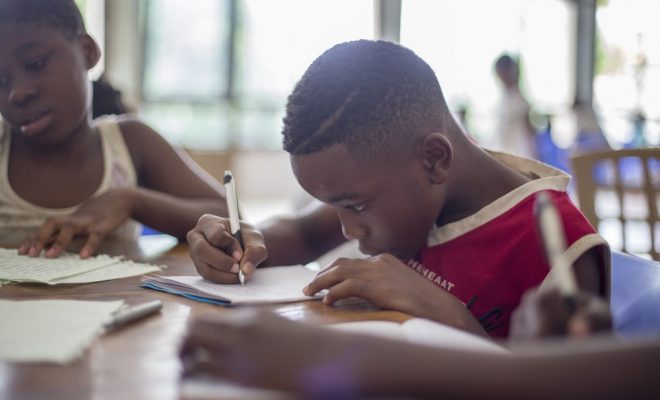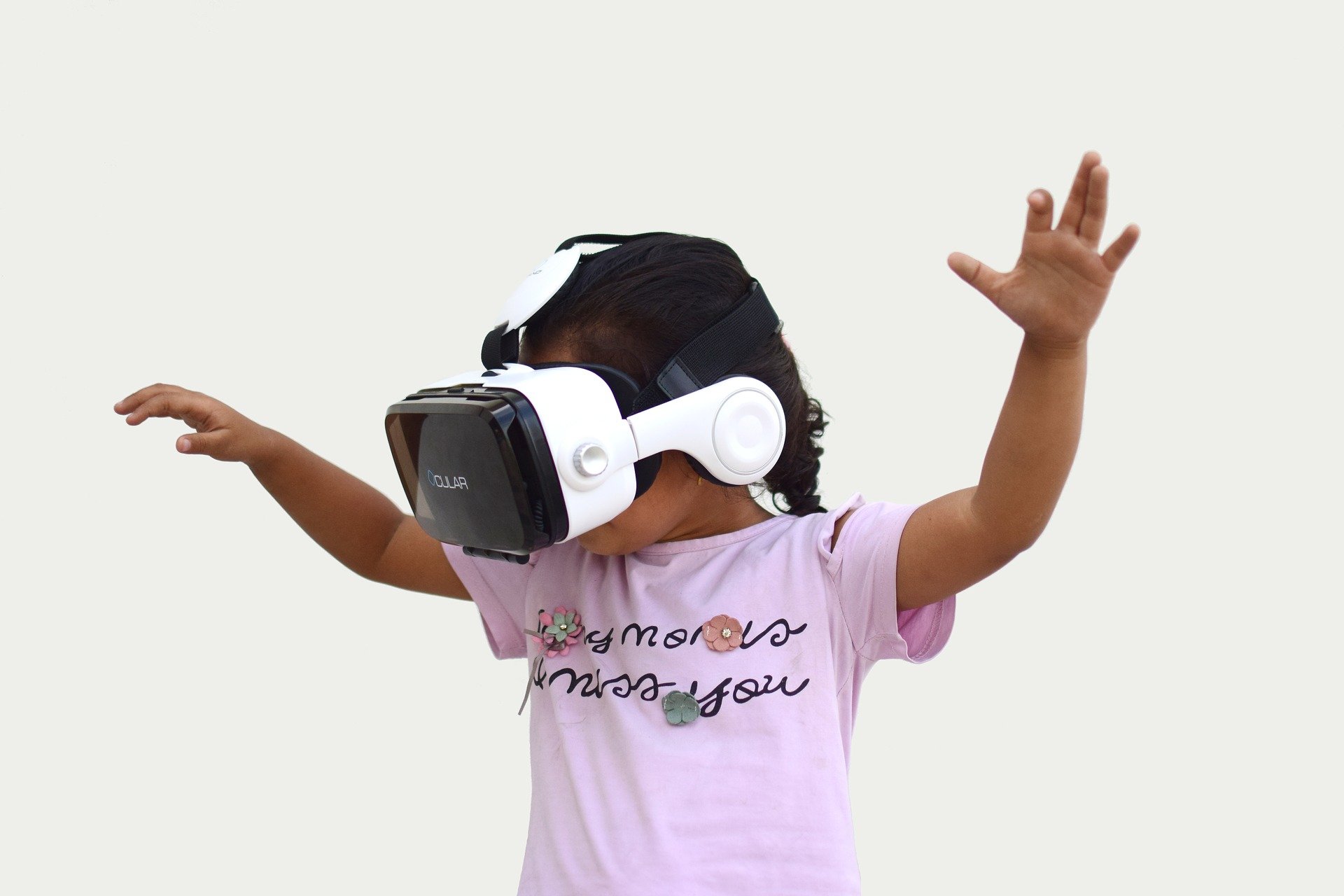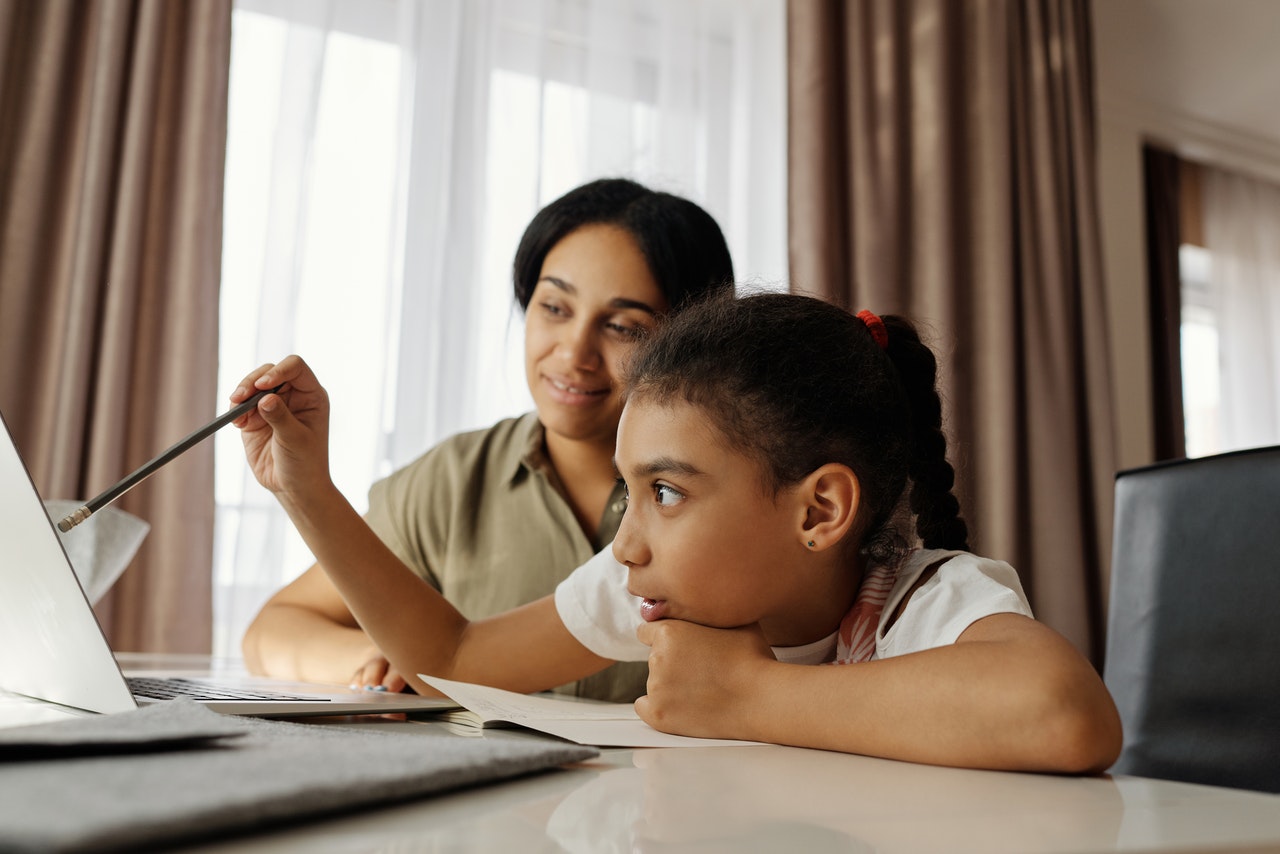Childhood Trauma Causes Fear-Wired Brains

Today, I’d want to talk about childhood trauma and how it contributes to fear-wired brains. I am reflecting on a prior romantic interest while I write this piece of article. I recall her telling me about all the horrific aspects of her childhood trauma, and it left me feeling a little terrible for having had a pretty protected life.
When I recall the scenario she recounted about her closest friend being slain by an accidental gunshot aiming for somebody, I still wince. She described being covered in blood and unable to move because she was terrified and disturbed. Finally, a neighbor came to her rescue and brought her to safety. Imagine your best buddy being slain in a shootout between two thugs. You are just seven years old, by the way.
She also mentioned to me about being sexually molested by a family member and eventually alerting her grandma about it. Although the violence ceased, her relative’s abuse had never been reported to the authorities, and the family just ignored it. Can you picture having to face your previous adversary each day having to relive the torture even if you know it has stopped?
Her mother was a sex worker and a drug user with filled to the brim AIDS, therefore she was fostered by her grandma. Her mother was into or out of the hospital, imprisonment, rehabilitation, and other institutions during our relationship, and when she attended family gatherings, she pretended to be entitled, despite being the family’s black sheep. Her actions were baffling, to say the least. She eventually died as a result of her illness. Her spirit may rest in peace.
With all of the pain she is been through in her life, you’d think she’d be a damaged woman, trapped in the same self-fulfilling prophecy that ruined her mother. Fortunately, that was not her narrative, and she went on to have a wonderful life. She is now married and has a child of her own. Although her narrative had a happy conclusion, it does not mean that she was untouched by the traumatic childhood experience. She struggled with anxiety, sadness, dread, frustration, and despair, which made it difficult for her to live a rich and complete life. Mercifully, she found solace in religion, which became a source of strength and motivation for her, assisting her in the healing of her psychological and emotional pain resulting from her traumatic past.
What Happens to the Brains of Children who have Experienced Childhood Trauma?
Traumatic childhood events, such as those experienced by my companion, have been linked to mental health and behavioral disorders in adult life, according to research. Traumatic events affect children’s brains in unfavorable ways, which can lead to adulthood issues with aggression, fear, addiction, and even unlawful conduct. My friend, mercifully, does not suffer from rage, addiction, or criminal activities, but she still retains the emotional wounds.
Psychologically stressful events change the anatomy of the brain by altering neuronal connections and activations. We must keep in mind that the human brain is a social organ that is sculpted by our past experiences and molded to cope with our surroundings. If you have been in a constant state of dread and danger since you were a youngster, your brain will wire itself to be on the alert for danger while also trying to repress these stressful sensations.
As a result, the brain becomes confused, resulting in emotional problems and challenges. When you grow up and your brain is designed for maturity, memories from childhood traumatic experiences might leave you more sensitive to danger and less sensitive to happiness, making it harder to live a good life. We must keep in mind that a child’s brain is still developing and is similar to a brand new computer with no files or programs. It is more equivalent to a clean sheet of paper. This is what permits our experiences to form a child’s brain and makes it so pliable.
Children only experience joy, involvement, and curiosity in a healthy setting. You will be able to study, create friendships, and gain knowledge and skills due to this. Your mind is always in a state of panic or feelings of emptiness when you exist in an unpleasant situation that produces a lot of painful events. It’s like being immersed in a Stephen King film 24 hours a day, 365 days a year.
How should Teachers React?
We need to understand how chronic trauma impacts the children we teach. When your mind is always terrified, it is difficult to concentrate throughout a class. It is difficult to do an assignment when you don’t know if you will be murdered by an accidental gunshot while sleeping at night. When your stomach is grumbling, it is virtually hard to respond to inquiries regarding quadratic equations.
If you want to assist, do your investigation and figure out how these stressful events affect your student’s ability to acquire a good education. After you have completed that duty, do everything you can to devise tactics and interventions to assist them in regaining control. Perhaps you should introduce mindfulness or yoga to your students, or send a distressed student to a school psychologist or an independent mental health specialist. All you have to do is take the initial step in making a difference in the lives of children who have been through horrific events.
Because I am not a professional on childhood trauma, please leave a comment below if you have any more insights on the subject.

